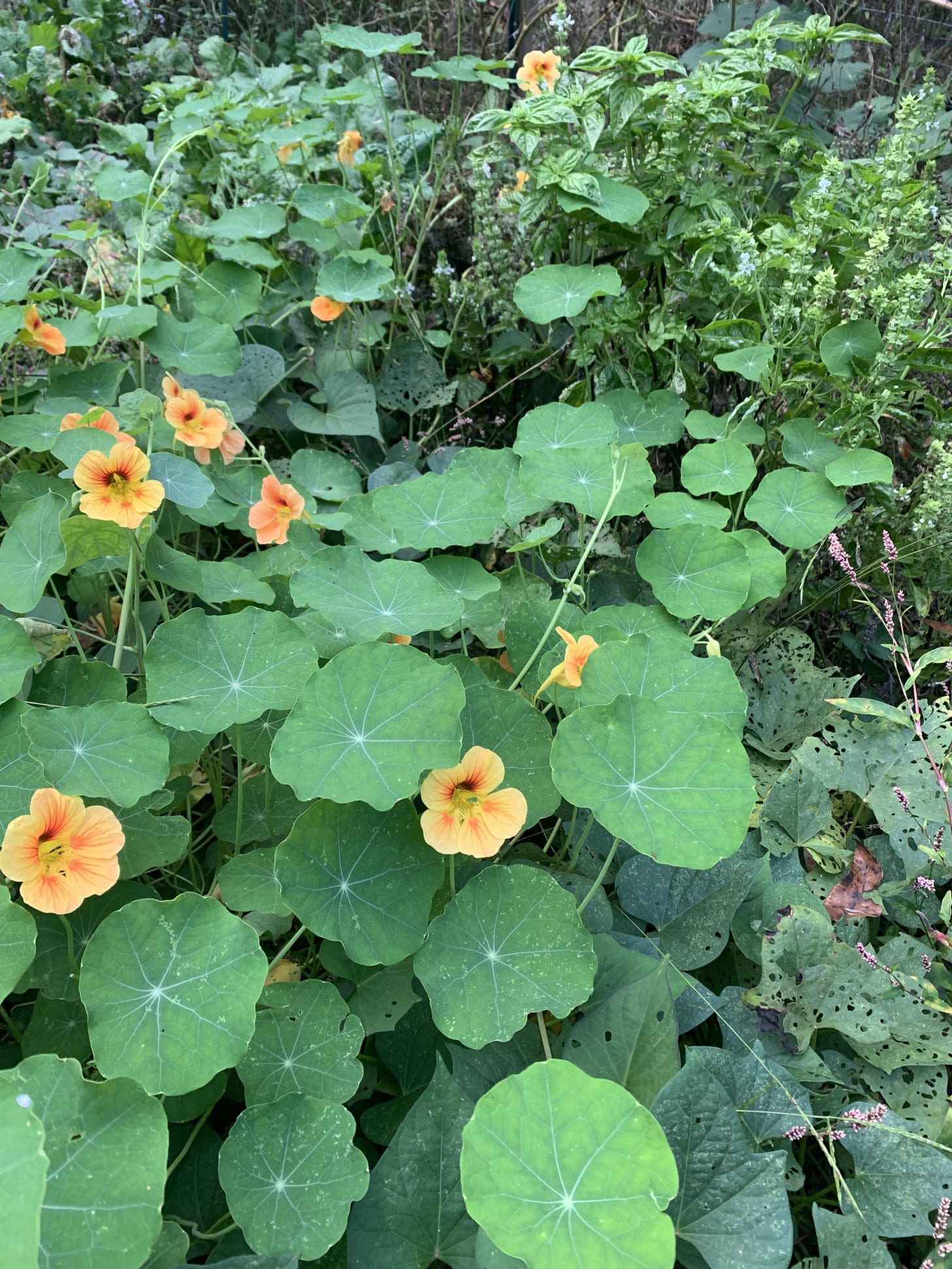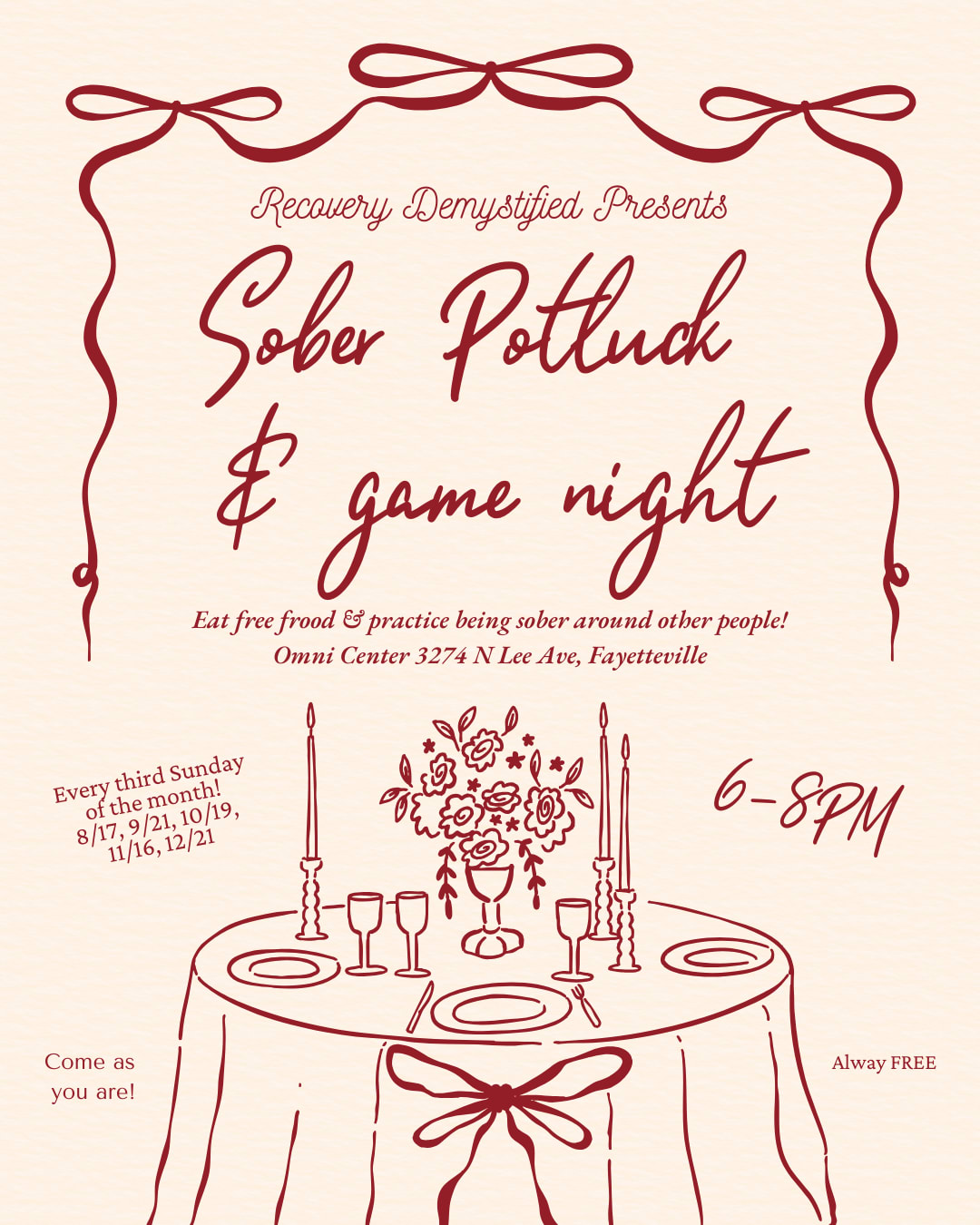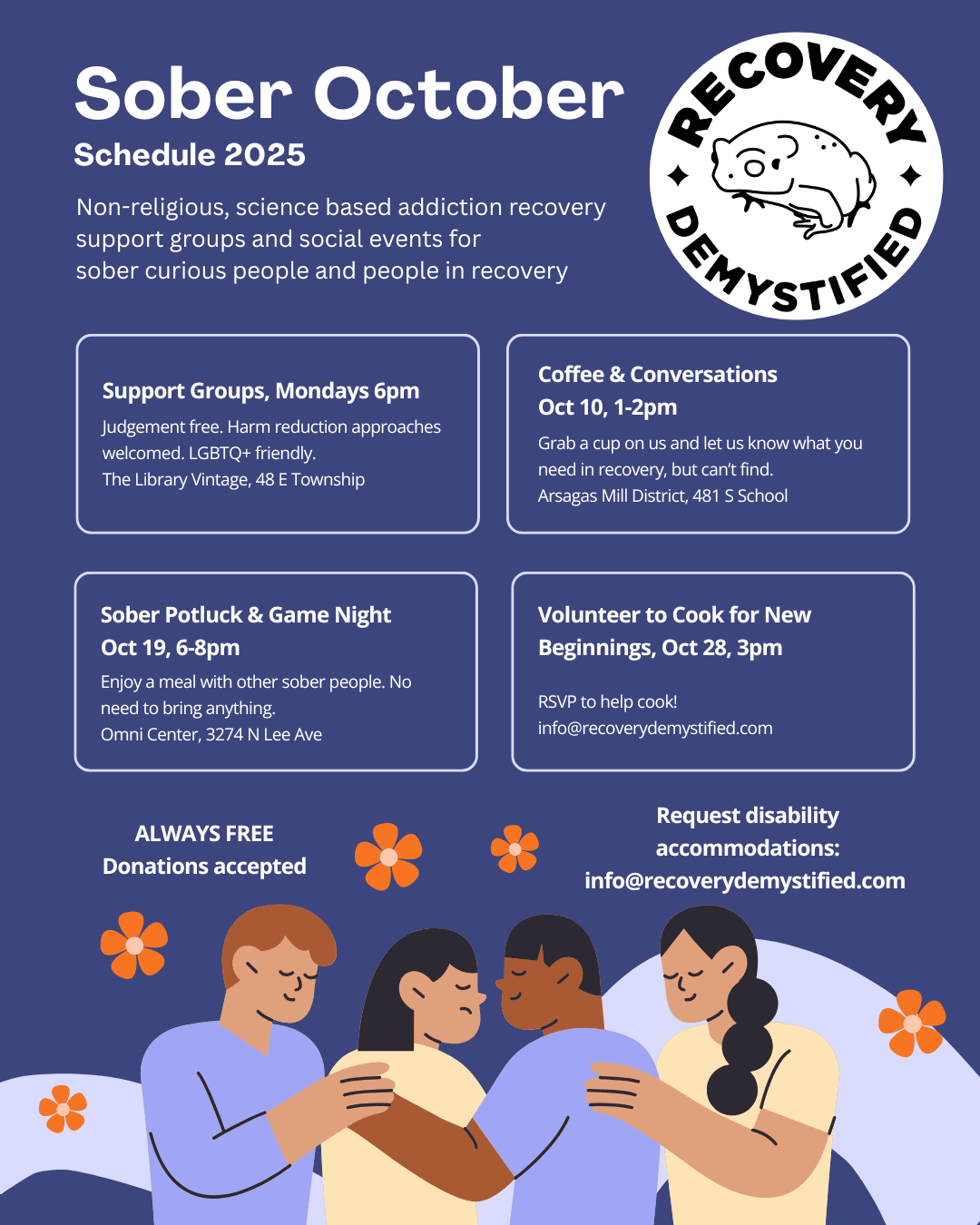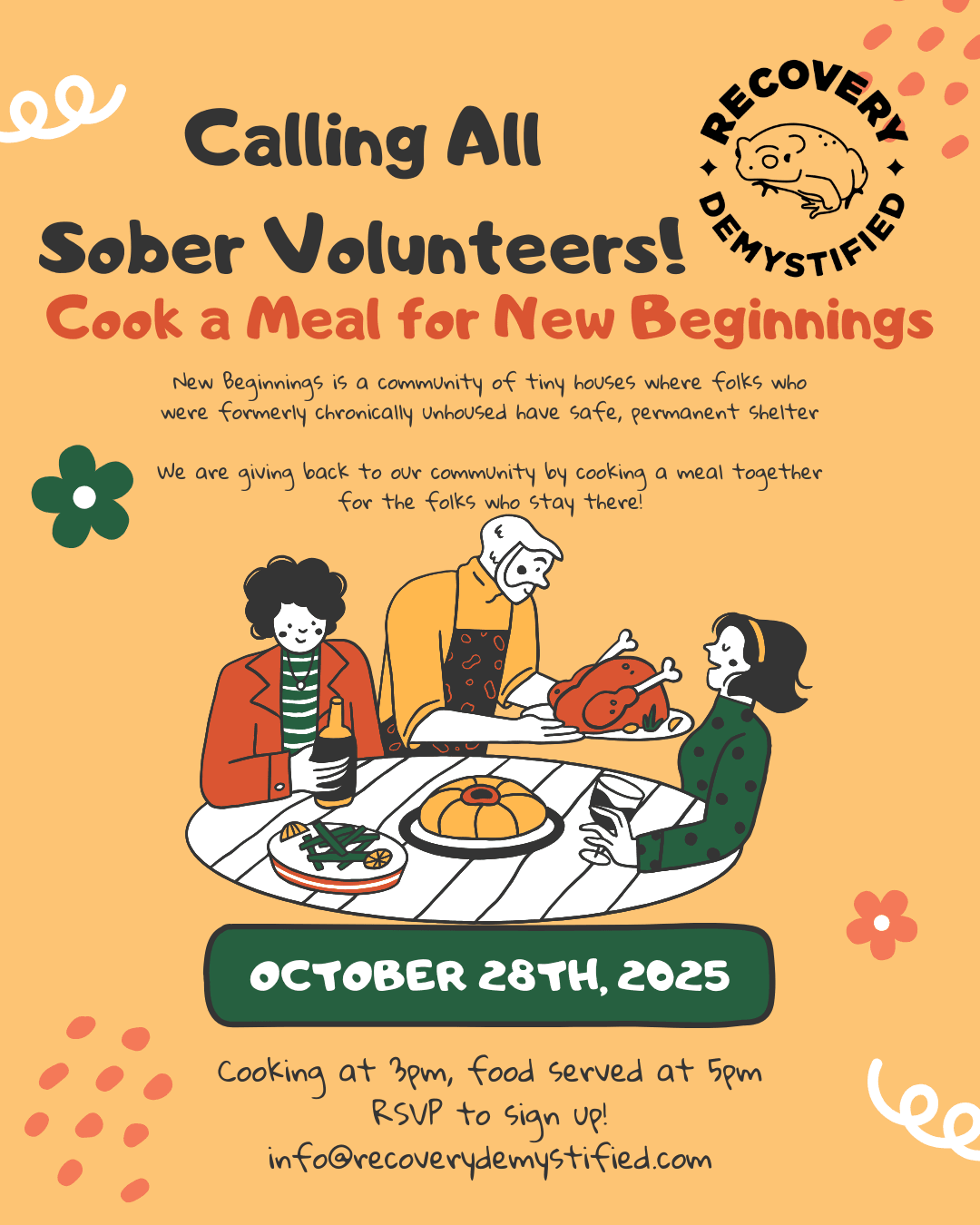At last our support group last week we discussed using again after a period of abstinence, severe emotional dysregulation, and how so many of us are secretly struggling with weed use.
Well, dear reader, let’s unpack.
First, I want to say that weed is addictive for many folks. It’s complicated, and it often gets a free pass as being something we “shouldn’t have a problem with.” If you are struggling with your use of THC, you are not alone.
Shame is a part of us that feels fundamentally unworthy, flawed, and dehumanized. Shame is also a part that is trying to protect us.
Umm… excuse me?? How could thoughts of fundamental “badness” and self-dehumanization be protective? It’s so uncomfortable! Make it go away!
Our brain is a survival machine and it will create any thought it thinks it needs to protect us, and some of these thoughts are really hard to hear, and can become quite maladaptive if used in unskillful ways. One way that shame is used to protect us goes way back to childhood, and if it’s hard to go back to that time, I’m right there with you. Many of us did not have our essential needs for connection, understanding, or emotional attunement met by our caregivers. As a species that requires group cohesion for survival, our child self viewed this emotional disconnect as a life threat. In order to protect itself, the child brain internalized the view that I must be the flawed one. This is protective because viewing the caregiver as inadequate represents a life threat — one that we have no control over. But, if the child internalizes a view of themselves as flawed, this allows for agency in their own ability to change.
If I am the flawed one, at least I have agency over my ability to change.
Many of us internalize this view subconsciously and very early in childhood, to the point where it becomes a fundamental belief that we never question.
Well, dear reader, I invite you to shine the flashlight inward and begin to get curious.
In addiction, shame comes up often. It’s also trying to protect us in this regard. Shame is a tactic of the Inner Critic, who we know is on a team with the Inner Addicted Voice, and their end goal is to get us to continue to use the thing we are addicted to. These thought processes are rooted in an ancient part of our brain that sees the large quantities of dopamine produced by use of addictive substances as necessary for our survival. When we begin to remove these substances from our lives, this part of our brain thinks that we are dying. It wants us to live, so it gives us any and every thought possible to prompt us to drink/use again. This includes shame, a familiar thought that we are fundamentally bad in some way, at our core. “I’m a fucking loser anyway so I might as well drink/use.” Sound familiar?
Perhaps instead of either latching onto this thought as being true, or suppressing it and pushing it away, we can become curious about it instead. We can say, “Hello thoughts of shame and unworthiness. Why are you visiting me today?” This is a great time to get out the journal and collect scientific data about yourself and your experience with substances. You can listen non-judgementally and choose to not believe everything you think. It might not be easy at first, but you are on the hero’s journey, and you are strong enough to endure this curiosity into the darkness.
Ok but how do I make the shame GO AWAY??
Alright dear, don’t get mad at me. It’s that little thing we call practicing self-love. And like practicing anything, we have to start when it’s easy. If you do something healthy, or well, like drink a glass of water or make a pretty drawing, celebrate that shit. Celebrate the little and easy things at every turn. Make it a practice. You’ll feel silly at first, and likely also feel a bit of resistance from that part of yourself that is afraid of change. This is normal.
If you are in a panic or a crisis and try to start practicing self-love, forgiveness, or compassion — that shit is going to be nearly impossible, although it’s when you’ll need it the most. This is why practicing self-love in increasingly difficult situations is key. Start easy. Pat yourself on the back for eating breakfast, or walking your dog, or not drinking for one day. Be unashamed and enthusiastic about your accomplishments, no matter how small. Eventually this energy will build and become easier, and when you find yourself in those moments of crisis, you will find it natural to tap into that well of empathy for yourself.
You do not need to change anything about yourself to deserve love and compassion right fucking now.
May you be happy and free, dear reader.
Announcements and such:
This week’s podcast episode is an introduction to the fundamental ethos of Recovery Demystified. To listen, click here. Want to be interviewed about your story with addiction/recovery on our podcast? Send an email to info@recoverydemystified.com
Want to support this work? Subscribe to this Substack for $8/month, or send donations in any amount to our Venmo or PayPal (a)recoverydemystified
Sober Potluck is this Sunday! Come enjoy a dinner of who-knows-what with some other sober people. See attached flyer for details.




